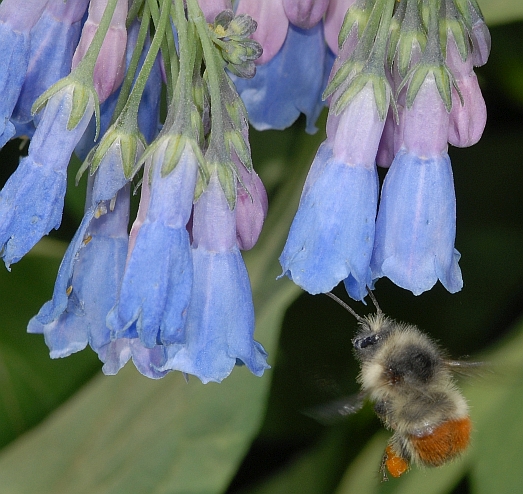An evidence-based rationale for a North American commercial bumble bee clean stock certification program
DOI:
https://doi.org/10.26786/1920-7603(2023)721Keywords:
Bombus, bumble bee, management, disease, parasite, pathogen, clean stockAbstract
The commercial production and subsequent movement of bumble bees for pollination of agricultural field and greenhouse crops is a growing industry in North America and globally. Concerns have been raised about the impacts of pathogen spillover from managed bees to wild pollinators, including from commercial bumble bees. We recommend development of a program to mitigate disease risk in commercial bumble bee production, which will in turn reduce disease stressors on wild pollinators and other insects. We provide recommendations for the components of a clean stock program with specific best management practices for rearing commercial bumble bees including related products such as wax, pollen, and nesting material.

Downloads
Published
How to Cite
Issue
Section
License
Copyright (c) 2023 James P. Strange, Sheila R. Colla, Laurie Davies Adams, Michelle A. Duennes, Elaine C. Evans, Laura L. Figueroa, David M. Lehmann, Heather Moylett, Leif Richardson, Ben M. Sadd, James W. Smith, Tamara A. Smith, Amber D. Tripodi, David W. Inouye

This work is licensed under a Creative Commons Attribution 4.0 International License.











